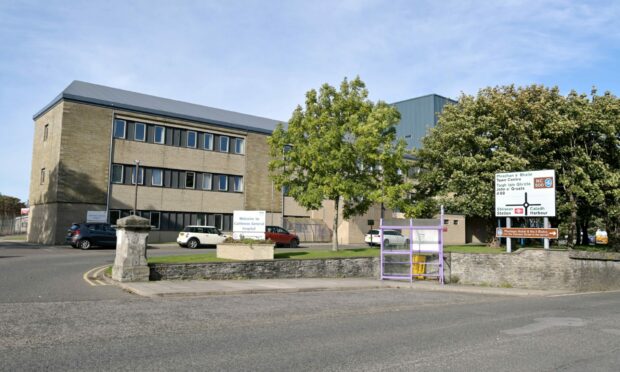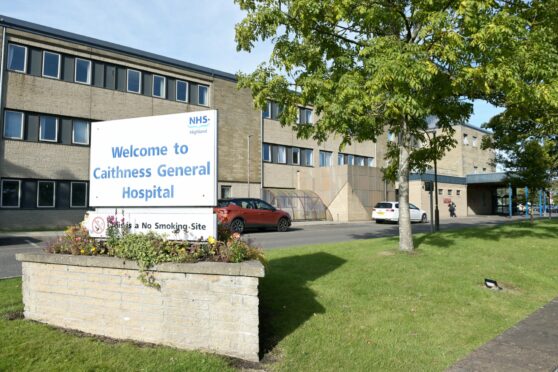NHS bosses have been told to apologise to the family of a patient who turned “black and blue” then died from internal bleeding after being sent home from A&E.
The patient, referred to only as A, had arrived at Raigmore Hospital feeling lethargic, having lost weight and bruising easily.
Tests showed they were severely anaemic and had a “very low” platelet count – cells that help blood to clot.
They were referred to Caithness General Hospital in Wick for regular treatment and further investigations.
But their condition worsened quickly, and the family’s complaint regarding the case has now been investigated by the Scottish Public Services Ombudsman (SPSO).
A looked ‘black and blue’
Around a month after their first visit, A fell ill again and headed back to the Caithness emergency department.
They were discharged and sent back home the same morning.
Two days later, A’s child C found them looking “black and blue” and rang the consultant haematologist for advice.
But C was told they would be better off phoning the GP about their concerns instead.
By the next morning, A was so unwell they had to be taken by ambulance to hospital, where they were found to have internal bleeding in their skull.
A was airlifted to Aberdeen Royal Infirmary and began platelet treatment that evening.
Their condition continued to deteriorate, however. They died the next day.
‘Unreasonable’ discharge
Following an investigation into the matter, the ombudsman has upheld the family’s complaint and made a number of recommendations to NHS Highland.
It found there was “no evidence” the patient had been told about the possible risks arising from their low platelet count – including internal bleeding.
“We found A was unreasonably discharged home from Caithness General Hospital, as they should have been referred for emergency platelet treatment,” its decision report said.
Additionally, the SPSO acknowledged that a GP is usually the first port of call for concerns, rather than a consultant haematologist, but still identified failings.
It continued: “We considered appropriate action was not taken in response to the phone call, given C had described signs of A having internal bleeding.”
The SPSO has told NHS Highland to apologise, and made recommendations regarding when and how further medical action is taken throughout its premises.
A spokeswoman for the health board said: “We accept the recommendations in full and will be writing to the family to apologise for the failings identified.”

